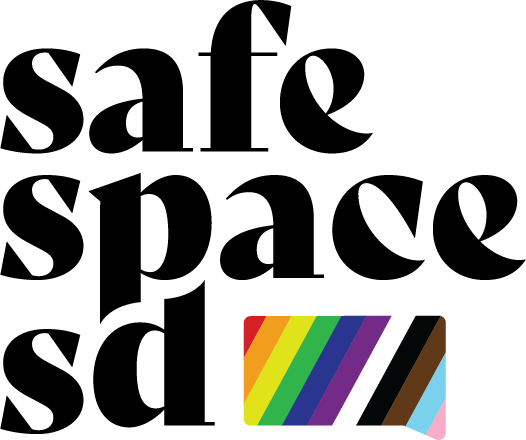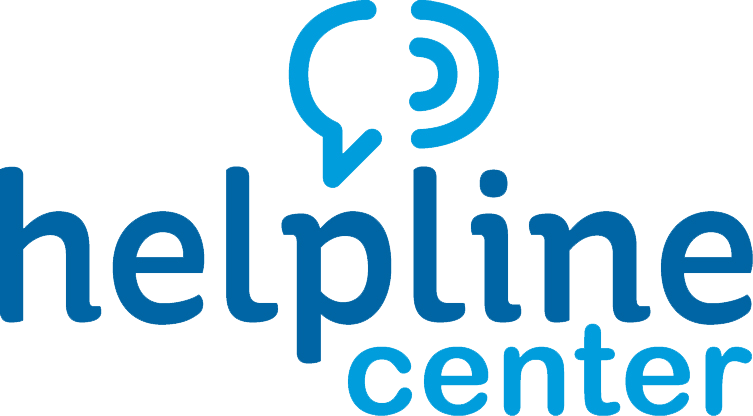Recovery is Possible
Most people with mental health problems can get better. Treatment and recovery are ongoing processes that happen over time. The first step is getting help.
What Is Recovery?
Recovery from mental disorders and/or substance abuse disorders is a process of change through which individuals:
- Improve their health and wellness
- Live a self-directed life
- Strive to achieve their full potential
Four Dimensions of Recovery
There are four major dimensions that support a life in recovery:
- Health: Make informed, healthy choices that support physical and emotional well-being.
- Home: Have a stable and safe place to live.
- Purpose: Engage in meaningful daily activities, such as a job or school, volunteering, caring for your family, or being creative. Work for independence, income, and resources to participate in society.
- Community: Build relationships and social networks that provide support.
Develop a Recovery Plan
If you are struggling with a mental health problem, you may want to develop a recovery plan.
Recovery plans:
- Enable you to identify goals for achieving wellness
- Specify what you can do to reach those goals
- Include daily activities as well as longer term goals
- Track any changes in your mental health problem
- Identify triggers or other stressful events that can make you feel worse, and help you learn how to manage them
Call 211 today to learn about resources for recovery!

